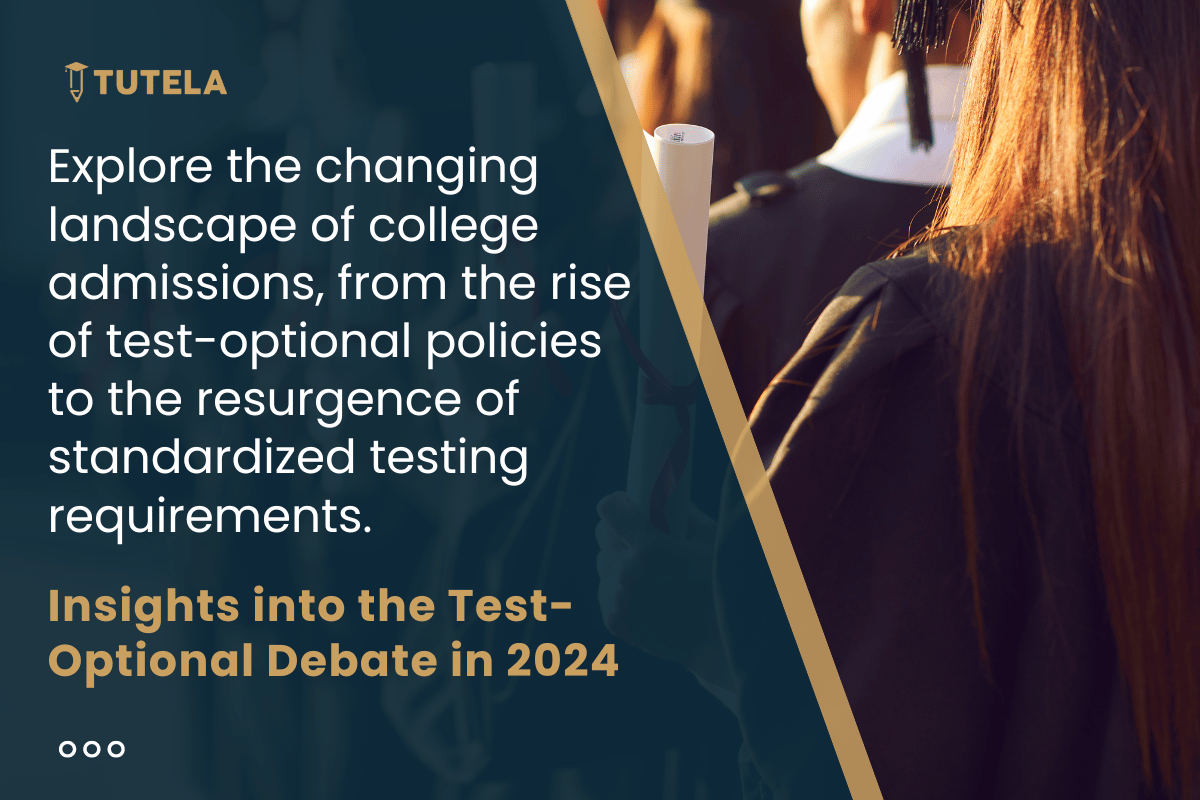
In recent years, the landscape of college admissions has significantly shifted. Gone are the days when standardized tests like the SAT and ACT were the sole deciding factors in a student's college application. Today, many institutions have adopted test-optional policies, allowing students to choose whether or not to submit their test scores as part of the application process.
Due to test cancellations, health concerns, and logistical challenges during the pandemic, access to standardized testing became increasingly difficult for many students. As a result, colleges recognized the need to pivot towards a more holistic approach to admissions, prioritizing factors such as extracurricular involvement, personal essays, and letters of recommendation over standardized test scores.
Critics argue that these tests are not an accurate measure of a student's potential, as they can be influenced by socioeconomic status, access to quality education, and even the student's zip code. A study by the National Association for College Admission Counseling (NACAC) found that test-optional policies increased the number of applicants from underrepresented minority groups. According to system data, around 64% of applicants to UNC system schools did not submit an ACT or SAT score in 2022.
Despite the initial enthusiasm for test-optional policies, many colleges are reconsidering their stance on standardized testing.
Notable schools that have reinstated the SAT/ACT include Brown, Dartmouth, Harvard, Yale, Georgetown, MIT, and the entire public university systems of Florida and Georgia.
While announcing the reinstation of the Standardised Score Requirement, the Provost of Brown University, FRANCIS J. DOYLE III, stated:
“Consideration of test scores in the context of each student’s background will advance Brown’s commitment to academic excellence and the University’s focus on ensuring that talented students from the widest possible range of backgrounds can access a Brown education.”
But why is there a shift back towards requiring standardized test scores?
In the era of test-optional policies, admissions officers may still favor students who submit test scores, using them as benchmarks in large applicant pools. According to Collegevine, not providing a standardized test score can put you at a disadvantage, especially in competitive admissions settings. College applications already limit how much you can share about yourself; omitting SAT/ACT scores further restricts the information available to assess your application.
Test-optional policies aimed to alleviate the burden of standardized testing during unprecedented times, but recent data and surveys have indicated mixed outcomes of test-optional policies. While they offer more flexibility, particularly benefiting students from underrepresented backgrounds, the absence of a universal benchmark has raised concerns about increased subjectivity in admissions decisions.
Colleges face pressure from external stakeholders, including state legislatures, accreditation bodies, and influential alumni, to maintain rigorous admissions standards and uphold the perceived value of standardized testing in assessing college readiness.
Data from the American Educational Research Association(AERA) suggests that schools implementing test-optional policies enrolled a lower proportion of underrepresented minorities compared to test-requiring schools. This indicates that test-optional policies may not effectively address diversity gaps. Harvard economist David Deming advocates for a return to testing requirements, emphasizing the value of standardized test scores in providing valuable information for admissions decisions.
As colleges grapple with the decision to reinstate standardized testing, balancing equity and excellence in the admissions process is essential. While test-optional policies have made strides toward promoting inclusivity and diversity, they have also raised questions about the reliability and fairness of alternative assessment methods.
Moving forward, colleges must continue exploring innovative admissions approaches that acknowledge the limitations of standardized testing while preserving the integrity of the evaluation process. This may involve a hybrid model incorporating quantitative and qualitative student achievement measures and ongoing efforts to address systemic barriers to educational access and success.
We hope this article helps you. Reach out to us by filling out our assistance form if you need any help with the preparations.